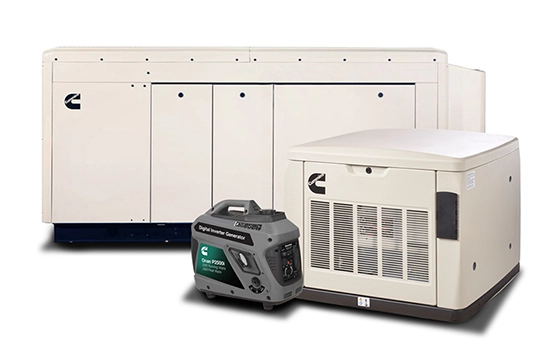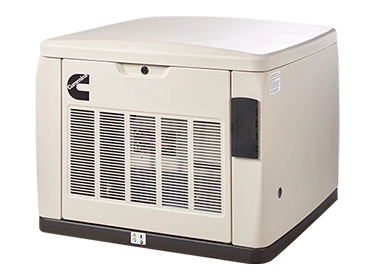In today’s world, where power outages are becoming more frequent due to extreme weather conditions, having a reliable power source is crucial. Whole house generators, often referred to as home generators or power generators, are a vital investment for ensuring uninterrupted power supply to your home. We will explore various types of generators, including diesel generators, natural gas generators, and gas generators, with a focus on Cummins Generators from Luby Power, to help you make an informed decision.

Why You Need a Generator for House
A house generator is essential for maintaining normalcy during power outages. Whether it’s keeping your lights on, running essential appliances, or ensuring your home security systems remain operational, a home generator is your best defense against the inconvenience of a power cut.
Cummins Generators: A Trusted Brand
Luby Power is your local residential and commercial Cummins generator dealer. Cummins Generators are renowned for their reliability, durability, and performance. As a leading brand in the power generation industry, Cummins offers a wide range of generators that cater to various needs. From small portable units to large standby generators, Cummins provides solutions that ensure your home remains powered no matter the circumstances.
Types of Home Generators
- Power Generators
These are the most commonly used generators that provide electricity during an outage. Cummins power generators come in various sizes and capacities, making them suitable for different household needs. - Diesel Generators
Diesel generators are known for their durability and efficiency. Cummins diesel generators are typically more fuel-efficient than their gasoline counterparts and have a longer lifespan. Diesel generators are ideal for homes that require a reliable power source for extended periods. - Natural Gas Generators
Natural gas generators are connected to your home’s natural gas line, providing a continuous fuel source. Cummins natural gas generators are convenient as they eliminate the need for fuel storage and refueling. They are also more environmentally friendly, producing fewer emissions compared to diesel and gasoline generators. - Gas Generators
Gas generators, usually powered by gasoline, are portable and can be easily moved around as needed. Cummins gas generators are an excellent option for short-term power needs and are generally less expensive upfront. However, they may require more maintenance and have higher operational costs due to fuel consumption.

Choosing the Right Generator for Your Home
When selecting a generator for your home, consider the following factors:
- Power Requirements: Calculate the total wattage of the appliances and systems you need to power during an outage. This will help you determine the size and capacity of the generator required.
- Fuel Type: Choose a fuel type that is readily available and cost-effective in your area. Consider the long-term costs and maintenance requirements of each type of generator.
- Installation and Maintenance: Ensure that the generator is installed by a professional to meet all safety standards. Regular maintenance is essential to keep the generator in optimal working condition.
Conclusion
Investing in a whole house generator, whether it’s a power generator, diesel generator, natural gas generator, or gas generator, provides peace of mind and security. Cummins Generators from Luby Power offer reliable and high-quality options for each category. By understanding the different options available, you can select the right home generator to ensure your home remains powered during any outage.
Having a reliable generator for your house is not just a luxury but a necessity in today’s unpredictable world. Make an informed choice and protect your home with the right power solution.
Learn More: Luby Power | Standby Power Generation Solutions (lubyequipment.com)
